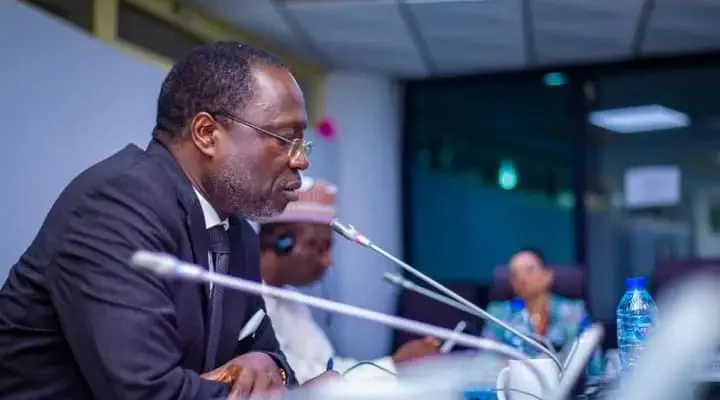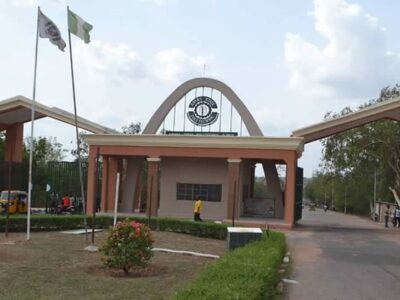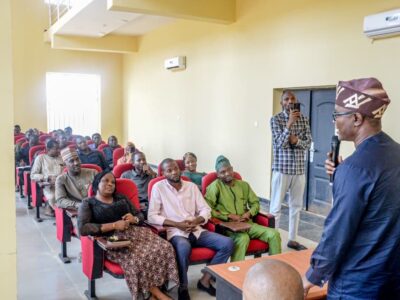About 42.5 million people in ECOWAS region stand the risk of being in need of emergency food and nutritional assistance between June and August this year if appropriate measures are not put in place to address the situation.
Already as of March this year, 29.5 million people are in dire need of emergency food and nutritional assistance.
The Chairman, ECOWAS Commission, Dr. Omar Alieu Touray made this known while addressing ECOWAS Parliament on the status of the implementation of the community program.
Dr. Touray attributed the factors responsible for the food and nutritional crises to include insecurity, persistent inflation, and climate change.
“The ECOWAS region is facing the persistence of factors that aggravate food and nutrition crises. These include (a) civil insecurity, which has resulted in more than 7.5 million internally displaced persons being deprived of their means of existence (housing, productive capital, social network) and access to education and health. It is now extended to the north of Togo and Benin; (b) persistent inflation, which limits households’ ability to access sufficient nutritious food; (c) the worsening of the harmful effects of climate change, which is making food systems more fragile.”
Additionally, Dr. Touray said 107.5 million people in the region were facing food insecurity.
”Millions of people are estimated to be food insecure and could therefore fall into crisis in the event of shocks, notably in Nigeria (64 million), Niger (7.3 million) and Burkina Faso (5.1 million). The nutrition crisis also persists in Burkina Faso, Mali, Mauritania, Niger, and Chad, where nearly 16.5 million children under the age of five suffer from acute malnutrition, ” he said.
The Chairman ECOWAS Commission said although the regional body together with all its partners has responded to food and nutrition insecurity, the increasing trend of needs continues with the scarcity of resources to finance the response plans.
Dr. Touray, therefore, stressed the need for all stakeholders to implement an intervention approach based on the Humanitarian-Peace- Development nexus in the countries affected. (RN)










Comments